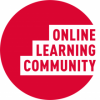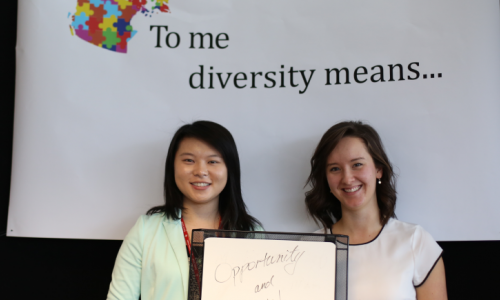
There is one basic premise that drives the creation of a good resume and it is this: The resume is a tool to get you to the next stage of selection.
Your resume is merely what can get you in the door to be shortlisted and/or interviewed. Too many people make the assumption that an interview will happen and there they will be able to explain that 6-month gap while they backpacked through Spain or the complexity of the projects they led throughout their academic career.
Do not make this assumption. Until, or if, an interview happens, that one document contains all the information an employer knows about you, so you want to ensure that it clearly articulates why you are the perfect fit for their position. Here are some helpful hints to get you started on a great resume that sets you apart from the pack.
1. Customize
One resume does not work for all positions. While it is a good idea to have a generic resume handy for unexpected opportunities, you want to customize your resume for each position you apply for. It shows that you have done your research and are conscientious.
2. Know your Skills and Accomplishments
Maintain an ongoing inventory of these that you can draw on to customize your resume.
3. Research the Employer and the Position
Informational interviews, research on the organization’s website, articles and profiles on the Online Learning Community…etc. An introductory understanding of what services the organization provides or the clients they serve are key to communicating how and what you would contribute.
4. Follow the Instructions on the Posting
It sounds like a no-brainer but you would be surprised how many people proceed without following the instructions that appear on the posting. This does not reflect well on you and creates the impression that you are someone who does not follow instructions. Not the kind of first impression you want to make!
5. Your Resume Should Clearly Demonstrate that you Meet the Qualifications of the Posted Position
The qualifications are found in the body of the posting’s description and in the Job Description, typically, under the headings Selection Criteria and Education/ Experience. If managers are reviewing many resumes, you want yours to be crystal clear that you meet the qualifications they’ve requested.
6. Include Relevant Details
Include the most powerful, relevant statements and eliminate unnecessary information (while remembering to address each stated qualification, any relevant special accomplishments and any needs of the employer you have discovered during your research).
7. Utilize Action Verbs
Start sentences with past tense action verbs – be direct.
8. Showcase Behavioural Competencies
While writing a resume and preparing for an interview, pay special attention to the behavioural competencies listed in the job description. While many – but not all - managers screen resumes on education and experience and test on competencies during an interview, you want to consider the competencies they will be looking for while you are writing your resume.
9. References
Unless otherwise requested, it is recommended that you do not include these on a resume. However, a sentence at the bottom stating that they are available upon request is a good idea. Keep your references current and contact them prior to using them.
10. Length
Ideally, the length of the resume should not exceed 2 - 3 pages using a 12 point font. However, if more pages are required to demonstrate your qualifications, include them!
11. Cover Letters
A cover letter may not be requested in the posting, but it is a good idea to include one as it demonstrates business etiquette and is an opportunity to demonstrate your writing skills.
Cover Letter Dos and Don’ts
-
DO use the language of the ad
-
DO research the organization or ministry/branch/program
-
DO make a list of the skills required
-
DO match your accomplishments and skills with those required
-
DO state what you can contribute
-
DO be available
-
DON’T summarize the resume
-
DON’T mention skills you lack
-
DON’T focus on your needs
12. Have it Critiqued
Ask a “neutral party” to review your resume for accuracy and completeness. Ask “How can I improve this?”















